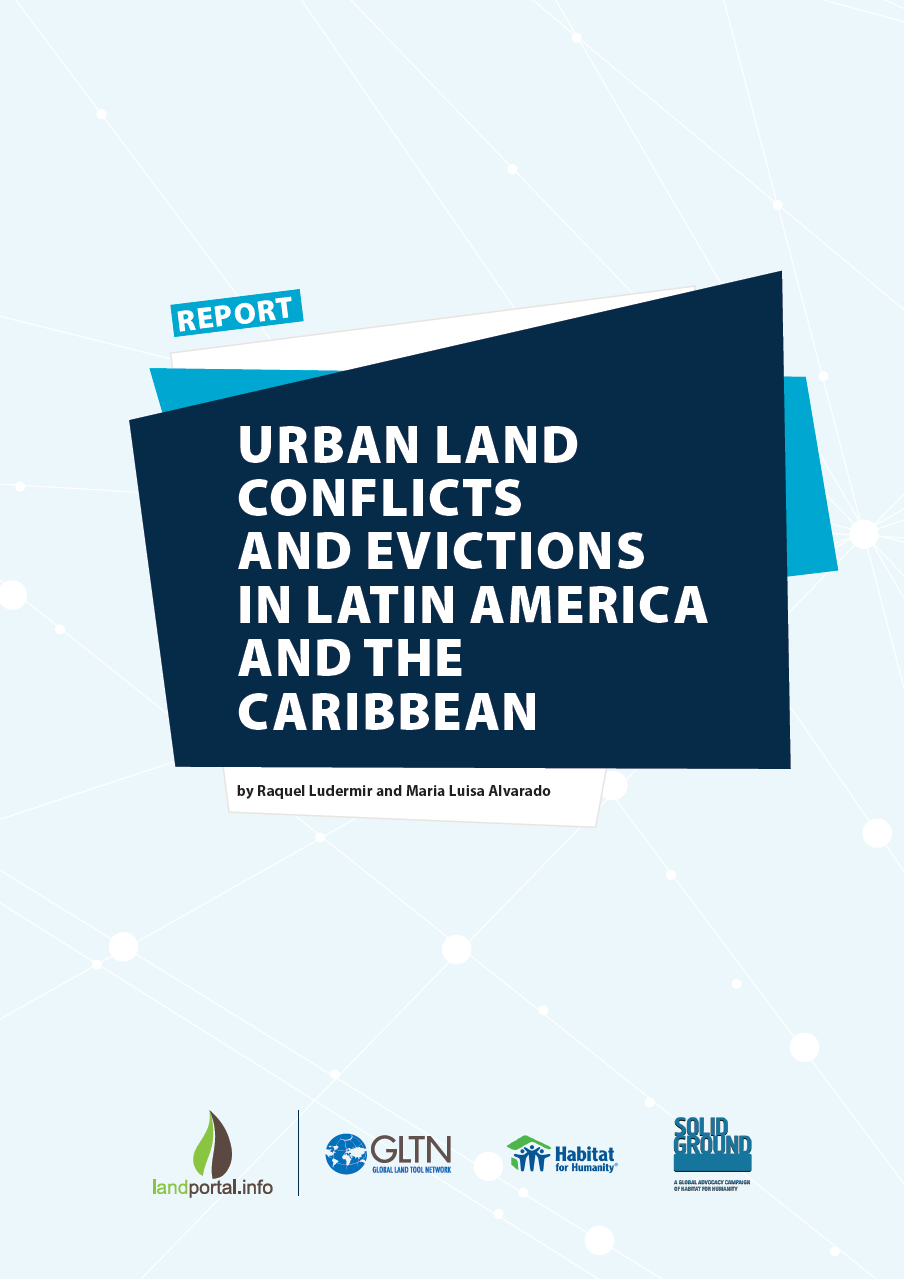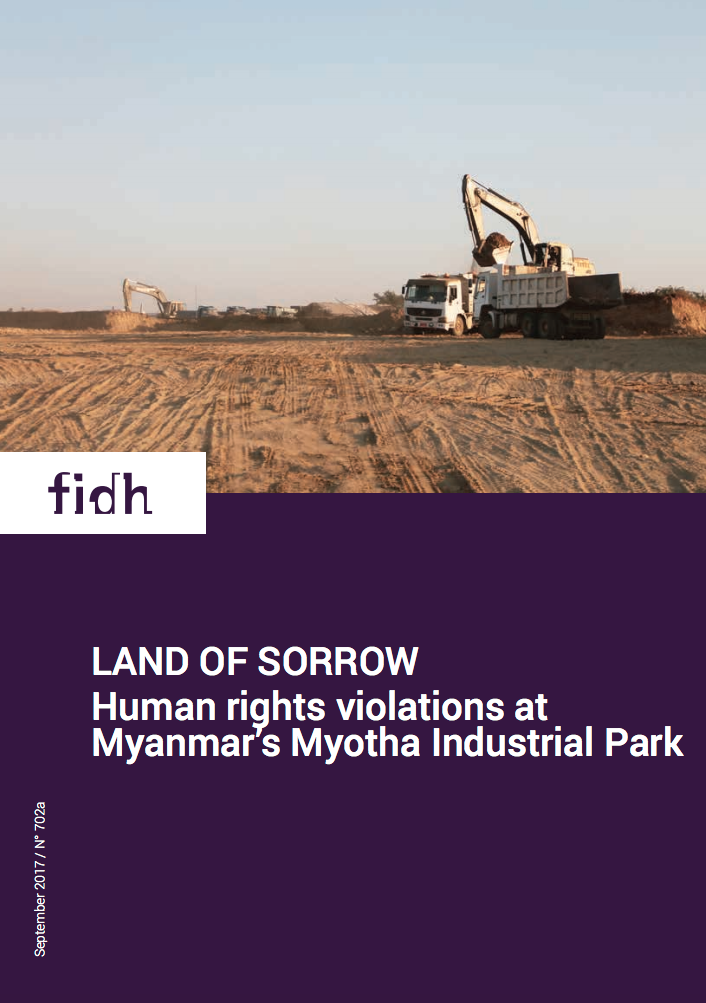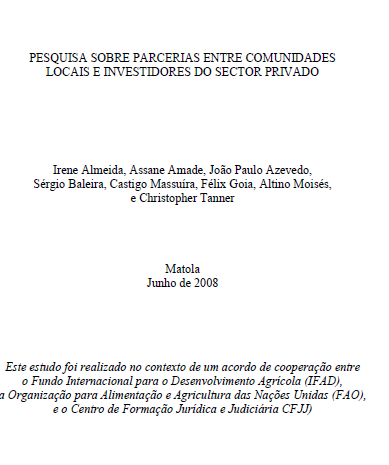Zambia
Despite extensive research into rural development in sub-Saharan Africa, little is known about structural transformation1 in rural areas on the continent. Zambia was chosen as one of three case study countries2 in order to identify and to analyse rural transformation processes and their main influencing forces aiming at defining strategies and measures to influence such processes towards social inclusiveness and environmental sustainability until 2030.
Zambia shows a persisting copper-dependent mono-structure with selective transformation processes









